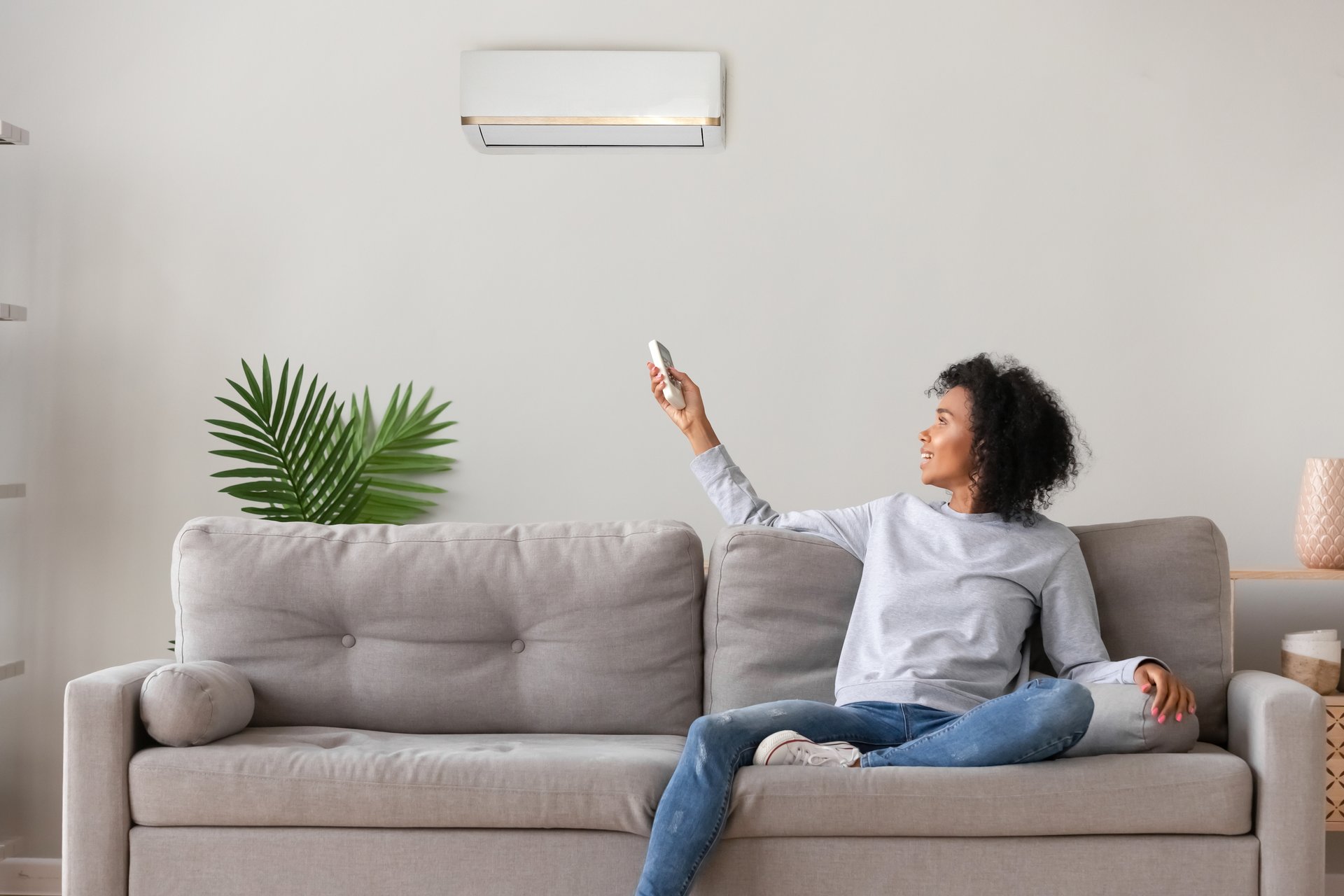
It’s one of the great summer conundrums: Should you turn off your air conditioning while you are away from home, or leave it running?
Recently, three experts from the University of Colorado Boulder took up the debate for The Conversation:
- Aisling Pigott, a doctoral student in architectural engineering
- Jennifer Scheib, assistant teaching professor of building systems engineering
- Kyri Baker, assistant professor of building systems engineering
The trio employed energy models that mimicked heat transfer and A/C system performance to try to answer the question of which approach removes heat from your home in the least energy-intensive way possible.
The researchers say various factors impact which practice — turning off the A/C or leaving it on — makes the most sense. They include:
- How well your house is insulated
- Both the size and type of your air conditioner
- The weather outdoors, including temperature and humidity
If you turn off the A/C and let your home heat up all day, it is possible you could have a large buildup of heat — say, eight hours’ worth — that you will need to get out of your house when you turn the A/C back on, the authors say.
However, the heat buildup can be less than one might think.
The researchers point out that heat (technically measured in units of thermal heat) only flows into your home when the structure is storing less heat inside than the air temperature outside. Once an equilibrium is reached between the inside and outside temperature, the heat stops flowing in.
In addition, extreme heat causes your A/C to function less efficiently. That means shutting down the system during the hottest part of the day may actually increase the efficiency of the system.
According to the study authors:
“These effects mean there’s no one straightforward answer to whether you should blast the A/C all day or wait until you get back home in the evening.”
The authors cautiously conclude that as a general rule, “letting your home heat up while you’re out at work and cooling it when you get home can use less energy than keeping it consistently cool.”
But, as they add, “it depends.”
Looking for an out-of-the-box way to cool your home? Check out:





Add a Comment
Our Policy: We welcome relevant and respectful comments in order to foster healthy and informative discussions. All other comments may be removed. Comments with links are automatically held for moderation.